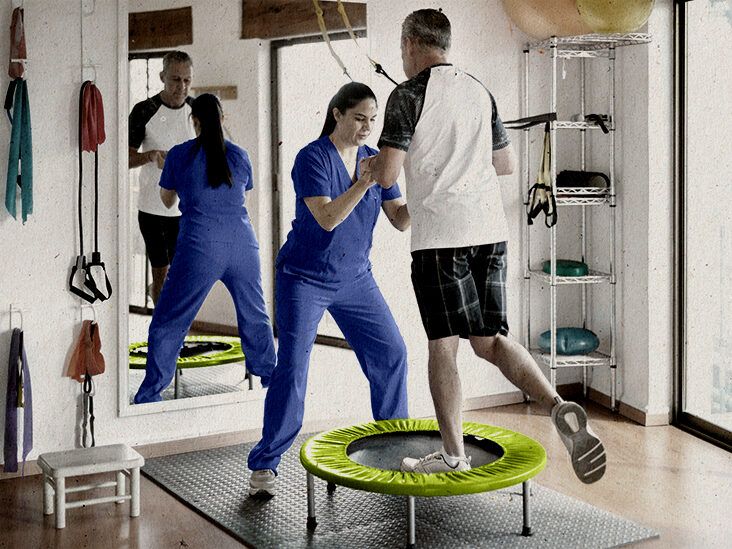Enhancing Rehabilitation With Customized Movement-Based Programs in Clinical Programs
Wiki Article
Recovery is an important procedure for patients who have experienced surgeries, or other health challenges. Recovery programs play a crucial role in supporting these individuals to restore their strength, enhance mobility, and reintegrate to their daily tasks. Tailored fitness prescription is a critical element of effective recovery. This means that workouts are specifically designed to address the individualized needs of each person. By focusing on personalized therapy programs, recovery programs can accelerate recovery and promote better health results.
One of the initial steps in developing a customized fitness program is assessing the patient’s condition. Medical professionals conduct assessments to determine the specific restrictions and abilities of each individual. This might include physical tests, discussions about health history, and objectives for recovery. For example, an athlete rehabilitating from a knee condition may have distinct requirements than an senior person healing from hip operation. By recognizing these variations, clinicians can design an exercise regimen that addresses the specific factors of each case.

Integrating various forms of workouts is essential for successful recovery. Strength work , mobility exercises, and aerobic exercises all play important functions in recovery. Resistance training assists rebuild muscle and enhance endurance, which is especially critical after long periods of sedentary time. Mobility exercises increase range of motion and prevent rigidity in articulations. Cardiovascular workouts, why not try this out like brisk walking or cycling, improve general fitness and promote cardiac health. A comprehensive exercise plan that incorporates all these components can significantly aid in the rehabilitation journey.
Tracking progress is another essential aspect of rehabilitation initiatives with customized exercise prescriptions. As patients participate in their customized programs, healthcare practitioners track improvements and make necessary modifications to the plan. This see ongoing evaluation ensures that the workouts remain beneficial and appropriate as the individual advances. Establishing defined milestones can also encourage individuals during their rehabilitation process. Achieving small objectives builds self-assurance and encourages persistence in following through with the recovery regimen.
Ultimately, enhancing recovery through personalized fitness planning requires collaboration between healthcare practitioners and patients participating in rehabilitation. Open dialogue is key to recognizing how each individual feels throughout their recovery process. By collaborating jointly, both sides can identify any challenges and celebrate successes along the path. Customized rehabilitation programs not only help individuals recover physiologically but also add to their mental wellness by instilling a sense of achievement and self-reliance as they work towards their health objectives.